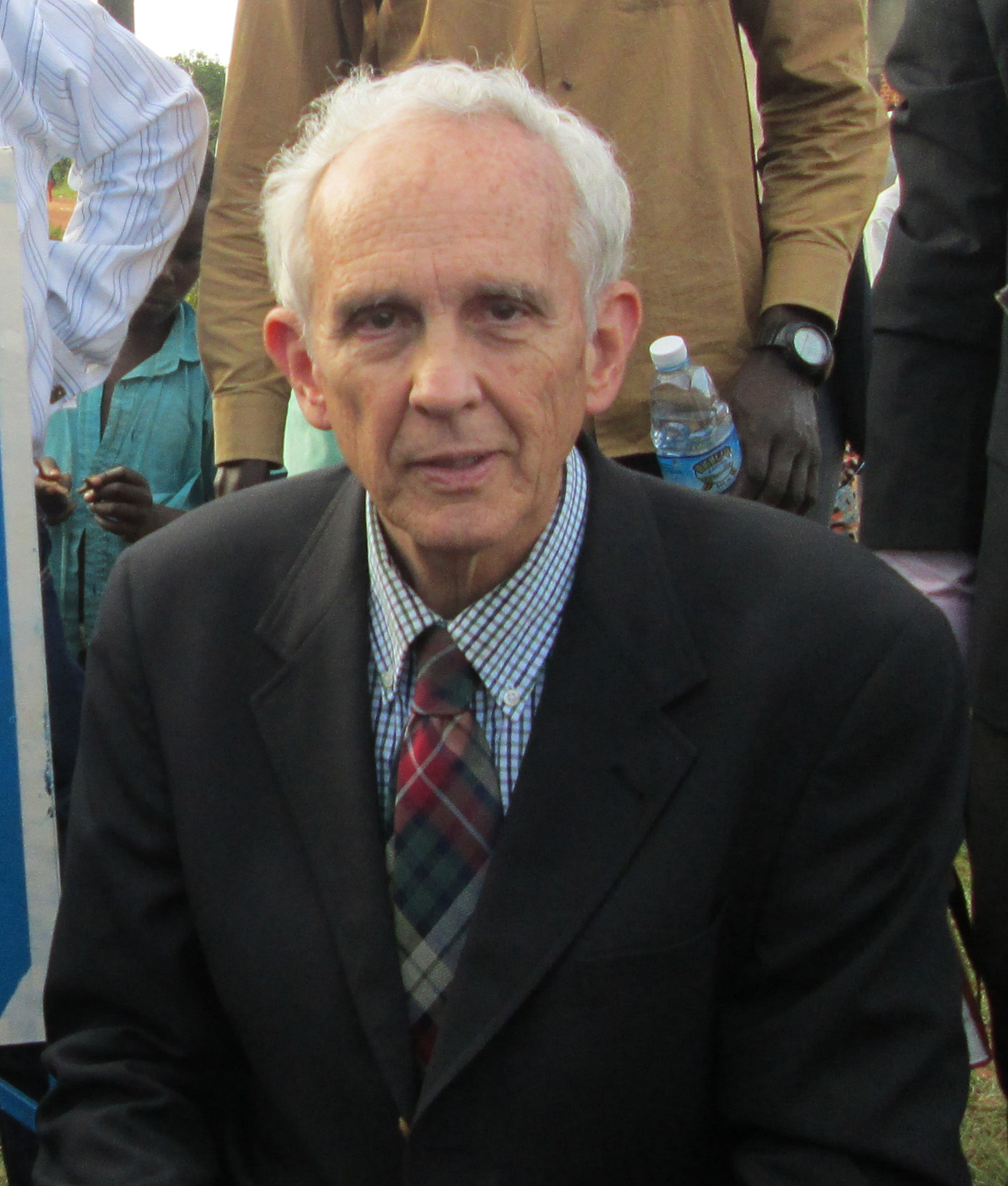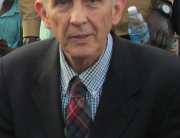RECENT HISTORY OF THE TESO PEOPLE
August 8, 2015
by Dr. Gregory Bartha
Some of my efforts here in Uganda are focused on the Teso people. They live in the northeastern region of the country and have endured a lot of stress during the past few decades. The Karamojong people regularly raided this area and stole cattle from the Teso, which is their main source of wealth.
Pastor Simon Peter, director of the Cross Emergency Medical Clinic, told me that when he was a boy, the Karamojong came at night to his home armed with guns. His father begged them not to take his cattle, because that would cause great hardship to his family. The Karamojong raiders talked among themselves and then told his father, ”We were going to kill you, but that would really destroy your family, so we will only take your cattle.” The family was driven into poverty and had to go to a refugee camp. The Red Cross and Oxfam provided food and blankets.
Pastor Simon Peter wanted to attend school, but no money was available. He talked to the director of a nearby school who offered him a job doing inventory. By means of this work, he was able to attend school. After finishing secondary school, he attended bible college and is now a pastor.
Idi Amin, the third president of Uganda, was in power from 1971 to 1979. During this time, he suppressed the Karamojong and disarmed them. He executed at least 300 as a warning to obey government rules, including the wearing of appropriate clothing. The Karamojong preferred to go about naked.
The people I’ve talked with have a surprisingly mixed view of Amin. He was bloodthirsty and violent, but did eliminate most corruption and bribery in the country. He also required all businesses to be licensed.
Amin believed that Indian merchants operating in Uganda were exploiting their workers by requiring long hours of labor for low wages. He gave the merchants 90 days to leave the country with their belongings. Every day, the countdown was broadcast on radio and television. Fifteen days before the deadline, panic developed and all the merchants scrambled to leave.
The Ugandan people were not well trained in business practices and the country’s economy deteriorated after the Indians left. Following Amin’s removal from power, disorder in the country increased. The Karamojong rearmed and resumed their depravity. Rebel groups formed and began terrorizing the villages, seizing young boys to join them and killing their family members. Thankfully, the Karamojong were gradually disarmed and the rebels were eventually forced out of the country. Agriculture was hindered by a famine that plagued the country in 1994. The Teso people in particular, were adversely affected by this event.
People are very thankful for the current stability and give credit to President Museveni. He has instituted some beneficial programs. Universal Primary Education and Universal Secondary Education have been established by government policy. There is an ongoing campaign against child abuse. Women’s issues are also being addressed. There is an initiative to restrict the dowry system, which is believed to promote violence against women. Many men believe that since they paid a high bride price to get married, they have a right to abuse their wives.
Despite some encouraging trends, many problems remain. Government schools are generally of poor quality. Teachers frequently do not report for work, instruction is haphazard and standards are low. Many families try to send their children to a private school if they can afford the fees. Technically, universal education is available to all children and most are enrolled. Nonetheless, as a practical matter, many children do not receive an appropriate education. The economy is improving, but young people often cannot find jobs. Corruption and bribery are reported to be widespread. President Museveni has remained in power for 30 years and many suspect that elections are fraudulent.
In conclusion, there are encouraging signs of progress in Uganda, but much work will be required to move the country forward.






Recent Comments